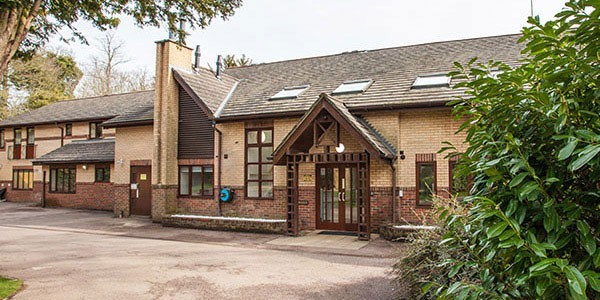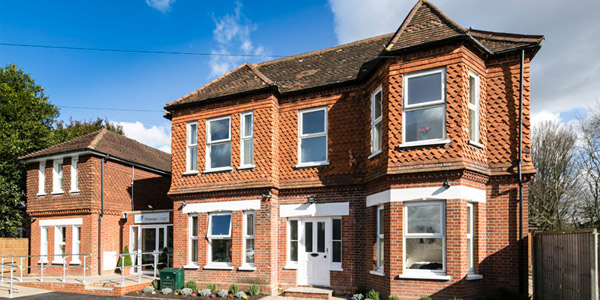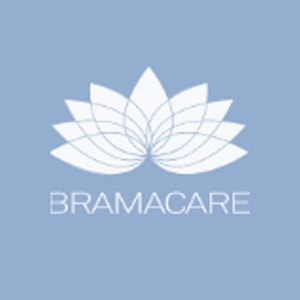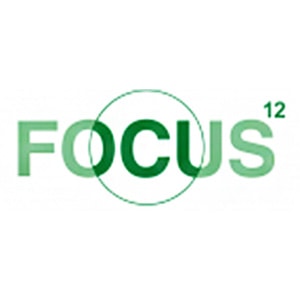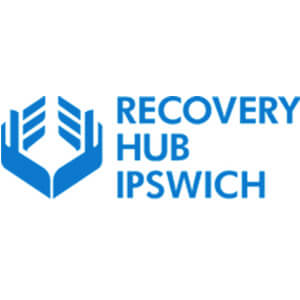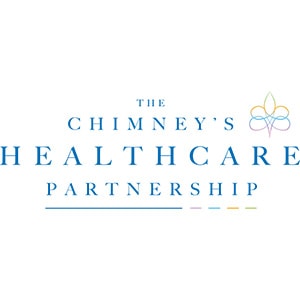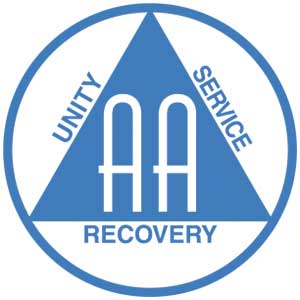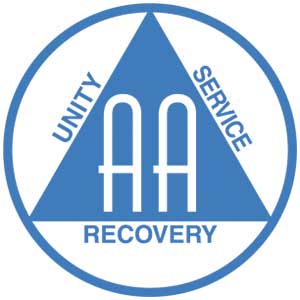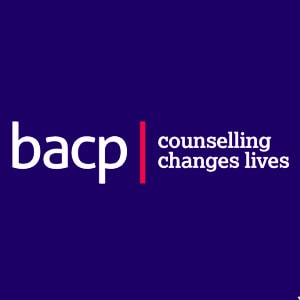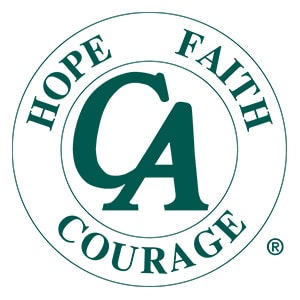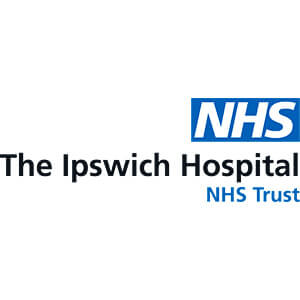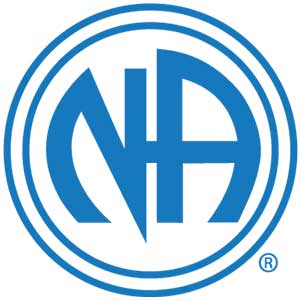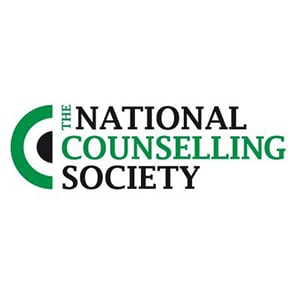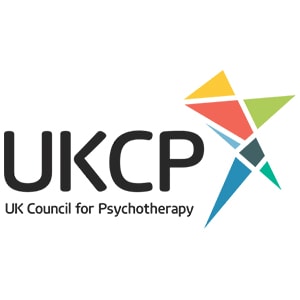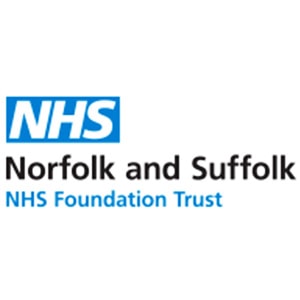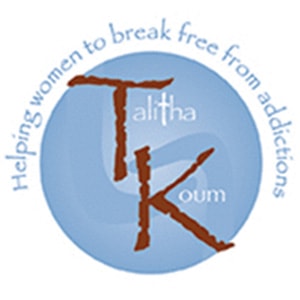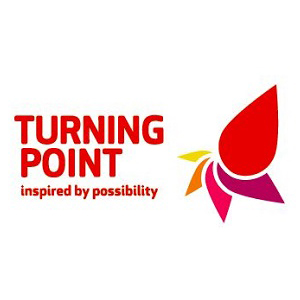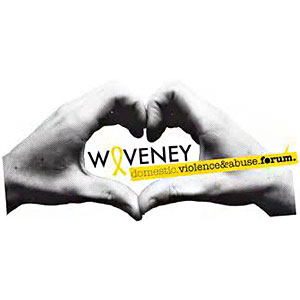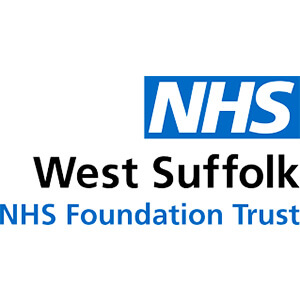Getting help for Addiction & Substance Abuse in Suffolk
Beating drug addiction or alcoholism involves therapy to address the behavioural issues that lead to addiction first, whilst treating both physical and psychological dependence. Attempting to stop using drugs without any form of professional help can be extremely difficult, and at times dangerous where physical dependence has developed. All forms of alcoholism and drug addiction affect physical and mental health. Frequently it is the behavioural aspects of an addiction that are most apparent and troubling for friends and family.
For rehab to be successful, one must be willing to make significant behavioural changes whilst in treatment. The recovery success rates are entirely dependent on the individual’s willingness for change. All good rehab facilities in Suffolk should offer person-centred treatment which includes a comprehensive screening process. The treatment plan should be tailored to the needs of each individual, with regular monitoring and progress reports throughout the programme.
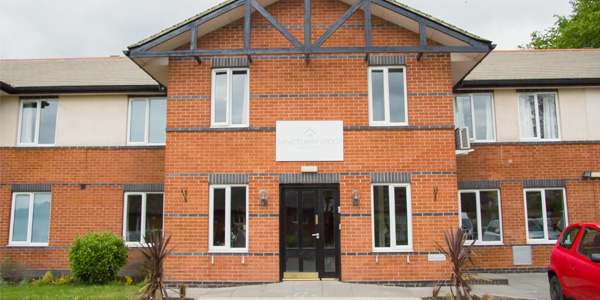
Sanctuary Lodge is a state-of-the-art detoxification and rehab facility. Lo…
- Private
- Holistic Treatment
- Onsite gym
- Residential
UKAT Rehabs
Liberty House Clinic is a fully furbished detox and rehabilitation facility…
Banbury Lodge is a leading CQC approved detox, rehab and therapy clinic for…
Primrose Lodge is a comfortable, fully equipped detox and rehab facility. C…
Finding Treatment Options near Suffolk
-
- Eating Disorder
- Residential
- CBT
- Family Workshops
-
- 12 Step
- CBT
- Residential
- Family Workshops
-
- 12 Step
- Residential
- Holistic Therapies
- Family Workshops
-
- Residential
- Gambling
- Aftercare
- 12 Step
-
- Eating Disorder
- Residential
- Dual Diagnosis
- Private
- Load More
-
- 12 Step
- Group Setting
- Free
- Outpatient
-
- 12 Step
- Group Setting
- Free
- Outpatient
-
- 12 Step
- Group Setting
- Free
- Outpatient
-
- 12 Step
- Group Setting
- Free
- Outpatient
-
- 12 Step
- Group Setting
- Free
- Outpatient
-
- Free
- Group Setting
- 12 Step
- Outpatient
-
0 review
- Outpatient Option
- Private
- One to One
- Outpatient
-
- 12 Step
- Group Setting
- Free
- Outpatient
-
- 12 Step
- Group Setting
- Free
- Outpatient
-
- 12 Step
- Group Setting
- Free
- Outpatient
-
0 review
- Outpatient Option
- Private
- One to One
- Outpatient
-
- Outpatient Option
- Private
- One to One
- Outpatient
-
Christopher Centre-around the back.
10 Gainsborough Street
Babergh, Sudbury
CO10 2EU0 review- 12 Step
- Group Setting
- Free
- Outpatient
-
Trinity Methodist Church
Brentgovel Street
Bury St Edmunds
IP33 1EB0 review- 12 Step
- Group Setting
- Free
- Outpatient
-
- 12 Step
- Group Setting
- Free
- Outpatient
-
- 12 Step
- Group Setting
- Free
- Outpatient
-
0 review
- Outpatient Option
- Private
- One to One
- Outpatient
-
0 review
- Outpatient Option
- Private
- One to One
- Outpatient
-
- Free
- Outpatient
- One to One
- Outpatient
-
- Eating Disorder
- Outpatient
- One to One
- Outpatient
-
- Eating Disorder
- Outpatient
- One to One
- Outpatient
-
- Eating Disorder
- Outpatient
- One to One
- Outpatient
-
- Women’s Service
- Outpatient
- One to One
- Outpatient
-
- Women’s Service
- Outpatient
- One to One
- Outpatient
-
- Women’s Service
- Outpatient
- One to One
- Outpatient
-
- Under 18’s
- Outpatient
- One to One
- Outpatient
-
Waveney Domestic Violence & Abuse Forum
The Kirkley Centre
154 London Road South
Suffolk NR33 0AZ0 review- Under 18’s
- Outpatient
- Free
- Outpatient
-
- Under 18’s
- Outpatient
- Free
- Outpatient
- Load More
Drug & Alcohol Rehab Services in Other Towns/Cities
- A
- B
- C
- D
- E
- F
- G
- H
- I
- J
- K
- L
- M
- N
- O
- P
- Q
- R
- S
- T
- U
- V
- W
- X
- Y
- Z
How Does Rehab Work

Individuals should be treated on a one-to-one and group basis. To fully address their specific needs, they should receive a person-centred treatment programme for optimal recovery. Also, individuals should have a psychiatric evaluation carried out by certified psychiatrists. A team of addiction and mental health specialists should carry out every rehab programme, aided by spiritual counsellors, wellness specialists and medical staff.
In the UK the two main choices for rehab are inpatient residential rehab and outpatient programmes. Unfortunately, Inpatient residential rehab is rarely funded by the NHS, however outpatient programmes are available throughout Suffolk on a self-referral basis. Inpatient residential rehab provides many advantages over outpatient programmes. They allow the individual to safely detox from alcohol and substances in an enclosed environment, without any temptations.
What Happens During Alcohol and Drug Rehab in Suffolk
Rehab empowers people who are struggling with addiction to live meaningful lives without the need for any substances including alcohol. Qualified professionals support a caring and compassionate environment, so that individuals can start the healing process and begin their journey to long-term recovery. However, residential programs are not equal and a person struggling with alcohol or drug dependency may not know what the ideal residential treatment program looks like. It is vital that before deciding upon a residential programme, you know exactly what treatment options and aftercare are available as part of the programme.
A strong rehab programme should consist of individual therapy, group therapy and family therapy. Medical staff should be on standby 24-hours a day to help individuals through the detox phase, and address any concerns they may have regarding detox medication and psychotherapy. Good residential programmes should have free aftercare as part of their programmes, and allow for regular sessions to strengthen long-term recovery. All rehab facilities in the UK are regulated by, and must be registered with, the Care Quality Commission (CQC). The CQC provide a rating of each individual rehab ranging from “Inadequate” to “Outstanding”. To find out how a rehab is performing, the best place to look is the CQC website, as this will identify any potential issues with an individual facility.
Addiction Therapy & Treatment Options in Suffolk
When making enquiries, ask the treatment centre about the types of therapy programmes available. All decent rehabs should provide several different therapeutic models to help underlining psychological issues associated with addiction. If existing mental health conditions are present, it would be worth asking the centre if they specialise in treating patients with dual-diagnosis. Dual-diagnosis is where the patient has both mental health conditions and addictions, which often require a specialised treatment plan. Therefore, a good rehab centre should be licensed to treat both mental health disorders and addiction – with the experience to treat substance dependency without impeding on any existing mental health problems (such as depression or bipolar).
Where dual diagnosis is concerned, many considerations need to be made for the individual’s well-being – such as the use of existing psychiatric medication and any therapy undergone prior to rehabilitation. Rehab begins with detox. The detox stage works to remove the mind-altering substances from the individual’s body before they move on to psychological treatment.
Medical Alcohol and Drug Detox
Detox is a treatment used to stop the psychological and physical addiction resulting from drug and alcohol misuse. With the use of detox medication, a medical detox reduces cravings and eliminates any dangerous symptoms that may result from sudden withdrawal. This can be an important part of safely helping individuals through the most difficult phase of withdrawal. Detox medication is more common in those who are dependent on opiates, alcohol, barbiturates, and benzodiazepines.
Medical professionals will assess whether a medically-assisted detox is needed, with special considerations around the individuals existing mental health conditions and other needs. The detox phase is recommended within a residential setting, so that medical professionals can properly assess withdrawal symptoms and any health complications the individual may be facing.
Therapy for Alcohol and Drug Addiction
After completing detox the individual will begin the rehabilitation phase. Clinicians should utilise a large array of therapeutic models to create a personalised treatment plan. One-to-one sessions should utilise psychotherapy in the form of Cognitive Behavioural Therapy (CBT) and Dialectical Behavioural Therapy (DBT), amongst others. Group sessions should usually take the form of talking therapies, but may include other forms of psychotherapy such as Art Therapy, Drama Therapy, and Meditation. The aim is to provide the optimal environment that allows the individual to explore new ways of thinking, bond with peers and seek healthy, rewarding stimuli without the need for drugs or alcohol.
How Long is Rehab?
The length of stay can change depending on the circumstances of the individual, although inpatient programmes typically range from 14 days up to 90 days. Extended rehab programmes have been shown to of recovery, so it may be best to choose a longer rehab programme. Inpatient rehabs sometimes offer “detox only” options – but this is not endorsed by uk-rehab – as a standalone option, detox rarely treats the underlying causes of addictions. Consider a 60-90 day programme for increased recovery. This will allow more time to adjust to a substance free life, and for the therapy to have a long-lasting impact on emotional and spiritual well-being.
Cost of Alcohol and Drug Rehab

Detox makes up a sizable portion of the overall cost of rehab, as well as the length of stay and services provided. Other costs include amenities and location. Typically, an inpatient rehab centre charges £5000 – £10000 for a 30-day treatment. Cost should not be a barrier to seeking addiction treatment, as often the longer-term cost of maintaining an addiction is far greater.
Take into consideration how much you currently spend to keep up your addiction and the health ramifications associated with substance abuse. In some cases rehabs accept private insurance, but insurance providers don’t always cover addiction treatment. You should first check your insurance provider to determine whether they will cover your addiction treatment.
Nearest CQC Registered Rehab to Suffolk
The closest rehab clinic we recommend near Suffolk is the CQC-registered Sancturary Lodge. This Rehab offers a complete and comprehensive addiction treatment programme for alcohol and drug addictions and has a good/outstanding CQC rating, in addition treatment plans for existing mental health conditions are also included and 1-year free aftercare for both the individual and their families are provided.
If you would like to seek addiction treatment in another location, UKAT provide a number of rehab facilities throughout the UK, all of which provide the same level of service and expertise. For more information about UKAT, call 0203 870 3824 to speak to their addiction specialists.



